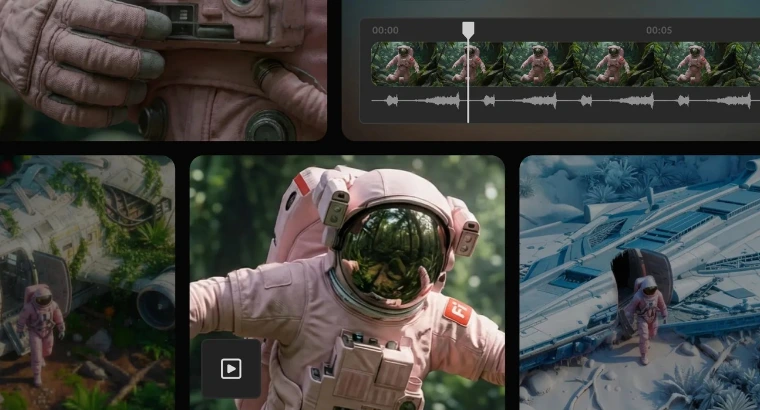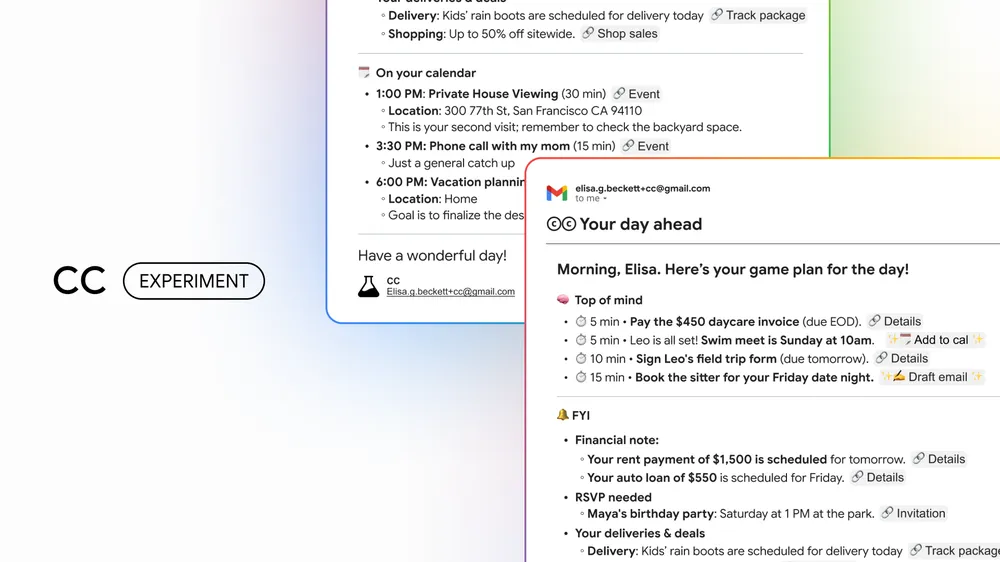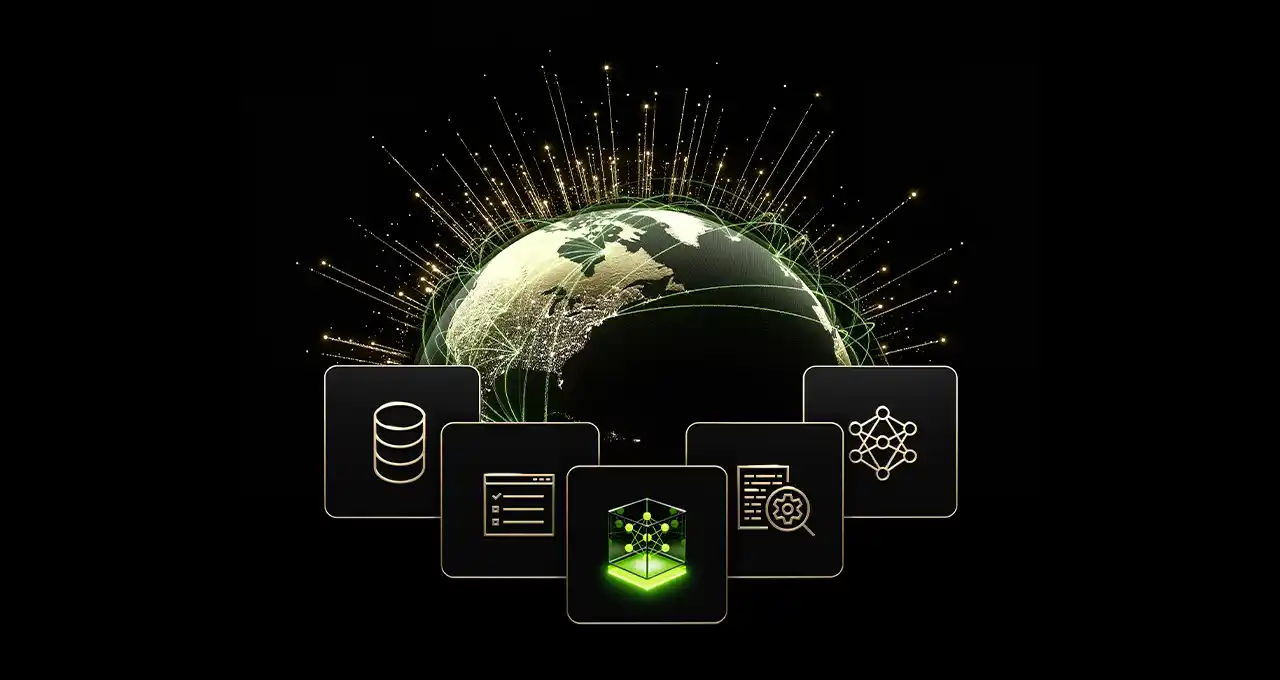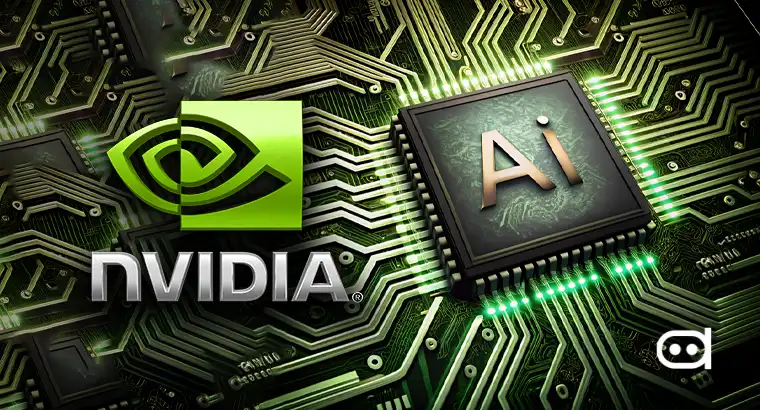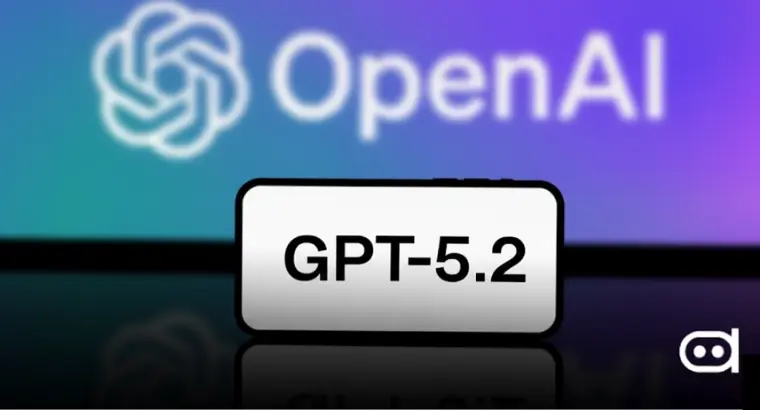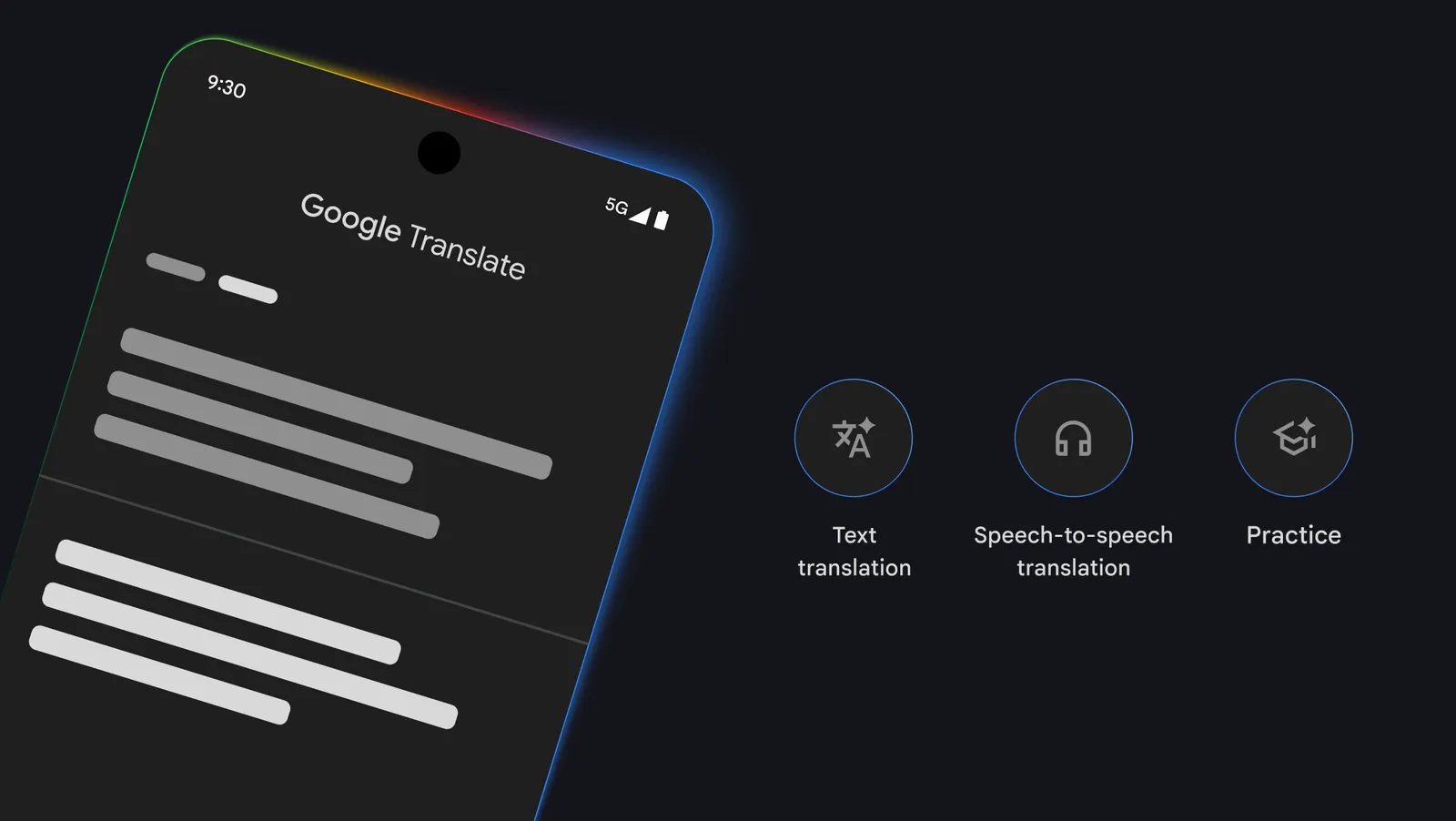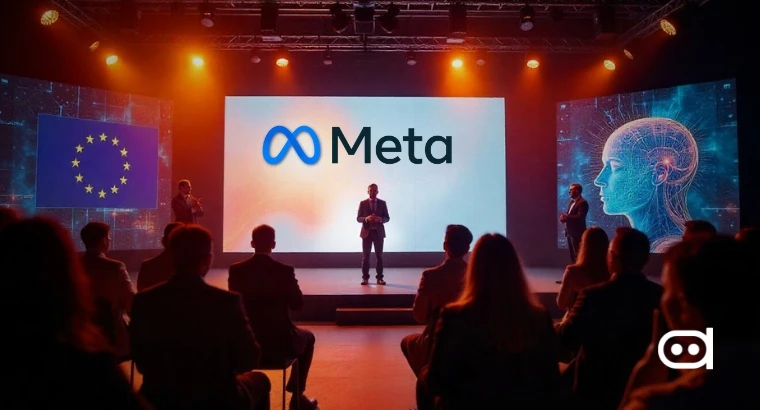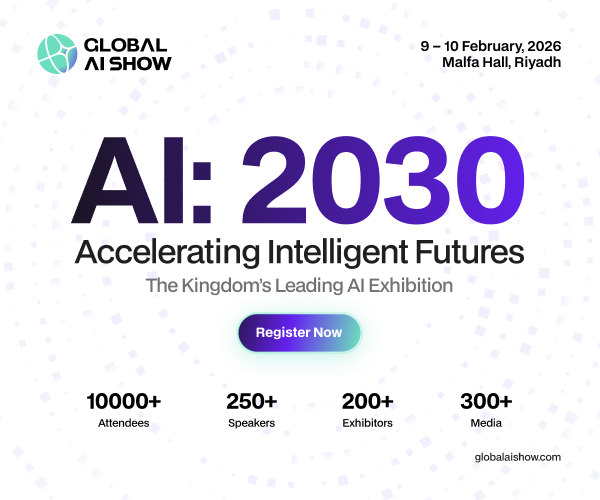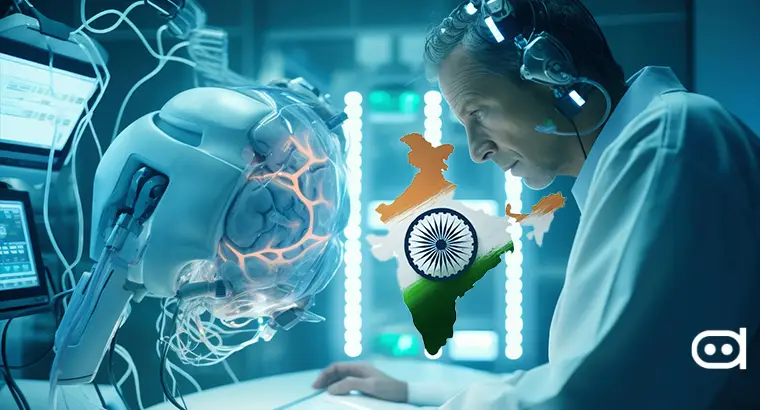
After the adoption of AI and important tracking technologies fueled by AI, the Indian healthcare market is experiencing a remarkable change. The Indian AI Healthcare market is expected to grow significantly, reaching an estimated $1.6 billion by 2025, with an impressive compound annual growth rate of 40.5% from 2020 to 2025.
This rapid expansion is a direct response to the increasingly prevalent cardiovascular diseases (CVDs), Highlighting the urgent need for advancements in healthcare solutions that can meet the demands of the country’s large population, especially in underserved areas.
Cardiovascular Health
Even in 2024, heart disease is the leading cause of death in India, which claims more than 1.8 million lives each year. AI-based solutions are essential for early detection and effective management of heart-related conditions. According to the World Health Organization, Cardiovascular diseases account for 32% of all deaths worldwide, with the situation worsening in India. Likewise, wearable devices that monitor vital signs such as oxygen saturation, heart rate, and blood pressure are on the rise and are gaining popularity.
These AI-based devices allow patients and healthcare professionals to keep track of health data in real-time, allowing timely medical interventions. Healthcare resources are limited to people living in rural India, and these innovations can help save lives. To support this change, the Ayushman Bharat digital mission is to create a digital health infrastructure that includes interoperable electronic health records.
Personalized Healthcare Solutions
With easier data-sharing facilitation, AI’s life-saving features extend beyond cardiovascular health management and diagnostics care to a personalized care-based system. Machine learning algorithms can sift through extensive data collected from wearable devices and other electronic health records to give a comprehensive overview and identify patients at a higher risk of developing heart diseases.
Research, including one featured in the Journal of the American College of Cardiology, has established how AI can predict cardiovascular incidents with over 80% accuracy, which will provide healthcare professionals with time and various treatment options.
Further, AI-driven tools are also improving how patients engage with their hill by delivering tailored recommendations that are rooted in their lifestyle data applications like quick vital harness AI to analyze a patient’s vital signs quickly and offer personalized suggestions for exercise routines or dietary adjustments to lower the risk of heart diseases in users these digital solutions are important in India where there are only 64 doctors for every 100,000 people compared to the global average of 150. By using digital platforms, AI plays a crucial role in addressing healthcare disparities across the largest democracy in the world.
Challenges and Solutions:
India’s AI Healthcare market, despite its promising potential for growth, is not devoid of any roadblocks. The market is encountering some hurdles, especially concerning data privacy and cyber security issues. With the growing rise of digital health solutions, regulatory frameworks need to be established to protect patients’ information.
The healthcare industry needs a skilled workforce to develop and implement these AI systems. Therefore, investing in training programs for professionals will be essential to unlocking the full benefits that AI can provide in the healthcare sector.
As the nation progresses towards tech-driven healthcare, future collaboration among the government, healthcare providers, and tech companies will be imperative to ensure that these innovations are accessible to everyone and utilized effectively.
Source:
https://nasscom.in/knowledge-center/publications/how-ai-transforming-future-healthcare-india
https://www.medicalbuyer.co.in/indias-ai-healthcare-market-projected-to-reach-usd-1-6-billion/
Latest Stories:
AI Enables First-Ever Human-Whale ‘Conversation’ in Alaska
NFT Platform Colle AI Partners with xAI to Integrate Grok API
78% of Government Agencies Accelerate Gen AI Adoption, Deloitte Reports

